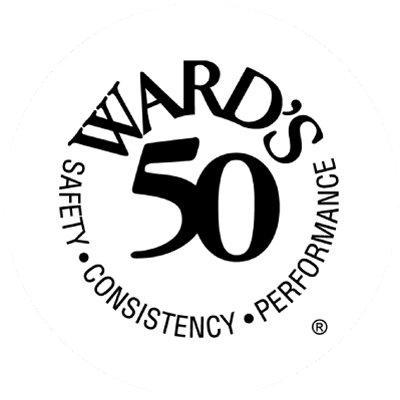Drowsy Driving is Dangerous!
November 6-13, 2022 is the National Sleep Foundation’s fifteenth annual Drowsy Driving Prevention Week. Each year, this campaign raises awareness of the dangers of drowsy or sleepy driving and encourages all drivers to avoid driving when sleep-deprived.
Fast Facts About Drowsy Driving
- In 2019, there were 697 fatalities in crashes involving drowsy drivers (NHTSA).
- Unfortunately, NHTSA estimates that this number could be higher. Drowsy driving likely plays a role in more crashes each year, but it is difficult to determine the exact number. Experts believe that drowsy driving could be a factor in as many as 6,000 fatalities each year.
- Approximately 50,000 people were injured in 91,000 police-reported crashes involving drowsy drivers in 2017.
- There is a positive correlation between the beginning of daylight savings and an increase in collisions (Insurance Information Institute).
- Sleep deprivation impairs coordination and judgment, causes longer reaction times, and impairs memory and ability to retain information: all skills that are needed to successfully operate a motor vehicle.
- You are three times more likely to be in a car accident if you are fatigued.
- The average adult’s alertness dips and rises at different times of the day. People are the sleepiest between 2 – 4 a.m. and 1 – 3 p.m.
- Drowsy driving crashes occur most frequently between 12 a.m. and 6 a.m. or in the late afternoon, according to the National Highway Traffic Safety Administration (NHTSA).
Drowsy driving is comparable to driving while intoxicated.
Did you know that sleep-deprived driving poses similar risks to driving while intoxicated?
The driving ability of someone who has been awake for 18 hours is similar to someone with a blood-alcohol level of 0.05; a sleep-deprived driver who has been awake for 24 hours drives similarly to an impaired driver with a blood-alcohol level of 0.1.
Much like an intoxicated driver, a sleep-deprived driver does not have the hand-eye coordination, the reaction time, or the focus of a sober, well-rested driver (SleepFoundation.org).
Warning Signs
While drowsy driving is typically the result of a person not getting enough sleep before getting behind the wheel, there are other causes, too, such as untreated sleep disorders, side effects of medications, or consuming alcohol.
What are some warning signs that you’re too sleepy to drive?
- Repeatedly yawning, rubbing the eyes and frequent blinking
- Trouble focusing
- Trouble keeping the head up
- Drifting from lane to lane
- Hitting a shoulder or rumble strip
- Daydreaming or wandering thoughts
- Difficulty remembering the last few miles driven or missing exits and street signs
Driving Safely
Drowsy driving is more common than you may think. According to the CDC, says that “one in 25 adult drivers report having fallen asleep while driving in the previous 30 days.”
Despite how common it is, though, drowsy driving is preventable.
What can you do to drive safely?
- First and foremost, get a full night of rest before driving. Adults should get at least seven hours of sleep each night — and teenagers need even more!
- Check your medicines to ensure they do not cause drowsiness. Do not drive after taking medication that may cause drowsiness.
- Watch out for any warning signs (see the section above!). If you catch yourself yawning or hitting a rumble strip, for example, you should stop driving. Find a safe place to pull over.
- For a temporary solution, try a caffeinated beverage. Having one to two cups of coffee and a 20-minute nap can increase alertness, but only for a short period of time.
- Driving a long distance? Set a limit of 300-400 miles a day and stop every two hours to take a break, get out of the car, and stretch (Johns Hopkins Medicine).
This blog was originally published on merchantsgroup.com on November 4, 2019.



